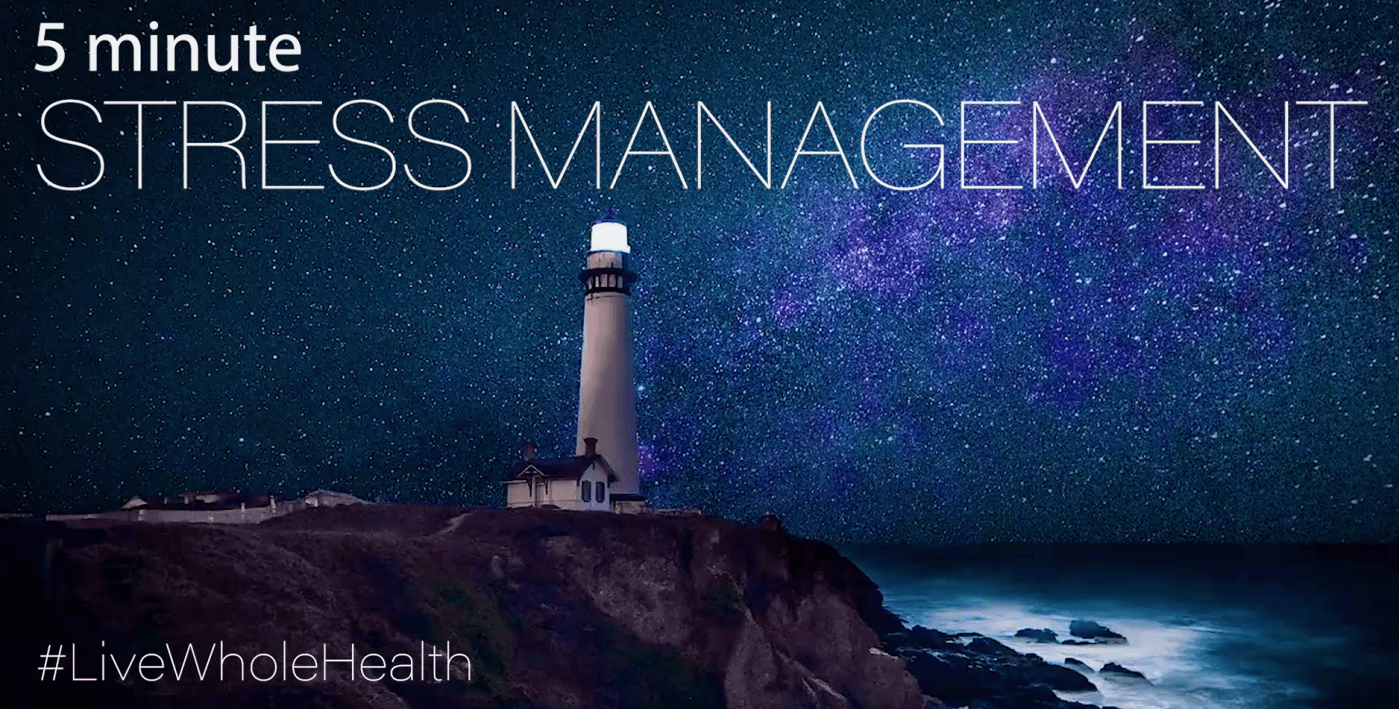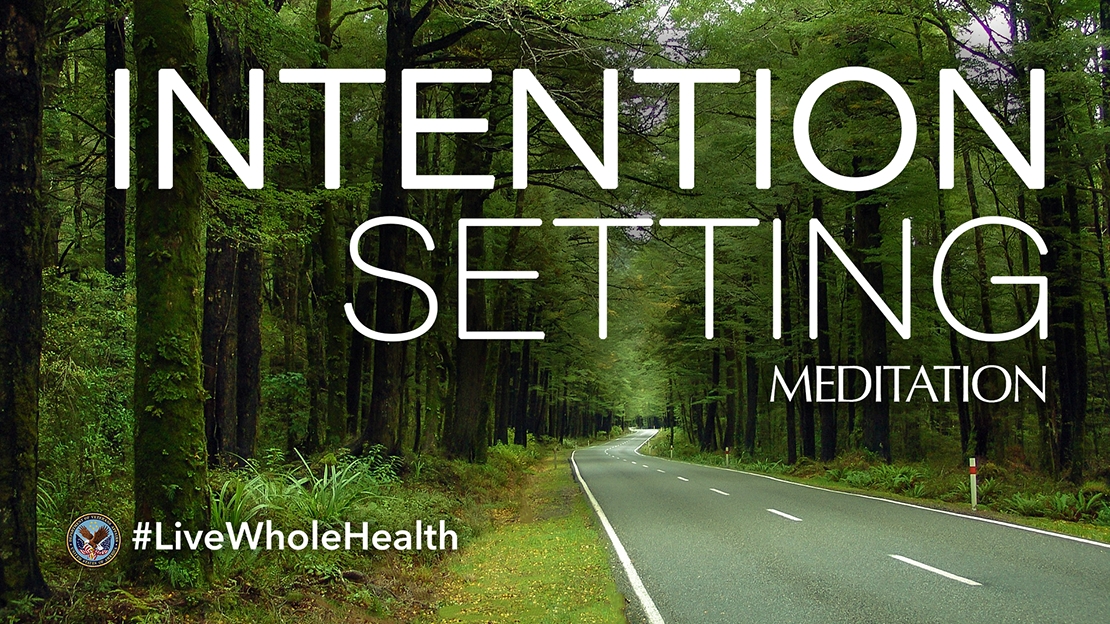I think of stress as “an additional demand on our resources.” It’s a simple definition but one we can use in many contexts. For example, your car breaking down applies stress on:
- Your finances (paying for the repair);
- Your time (scheduling the repair and spending time at the shop);
- Your relationships (asking friends or family for transportation or to pick up your kids from school);
- Your emotional well-being (balancing all these new demands at once).
How much stress you experience is determined by how capable you believe you are at meeting the extra demands. An emergency savings account makes the car repair manageable, waiting for a day off can solve the time problem, and having close family makes it easy to arrange transportation.
Believing that you have resources to address the problem is important for managing stress. In fact, this is an opportunity to think about your emotional strength. The fact is that you’re stronger than you may believe. You can recognize this by thinking about the challenges you’ve overcome in your life, remembering the periods you didn’t know if you could make it… and yet knowing somehow that you did.
Everyone has experienced challenges: completing basic training, getting married (or divorced), having a child (or not being able to have a child), losing loved ones, being fired from a job, being diagnosed with a chronic illness, needing surgery, and so on. Sometimes we look back and think, “I got through it, so it wasn’t too bad.” But think about how you felt at the time. Some of these experiences felt overwhelming, and there may have been times you wanted to quit and didn’t think you could make it.
What got you through? What skills did you use? What resources did you have? Where did you find your strength? How can you access that now?
Mindful Awareness is a skill you can add to your toolkit to help ease those additional demands. Take five minutes with Dr. Robert Eric Dinenberg from the St. Louis VA for a mind-body stress management exercise:
Learn more about how the Power of the Mind can help you manage day-to-day stress.
Topics in this story
More Stories
Feeling stressed? Your breath can help you relax and focus. Take 3 minutes to reset and prioritize your well being for this week's #LiveWholeHealth practice.
New Year, new intentions! As we welcome 2025, pair your goals with meaningful intentions with this 5-minute meditation for this week's #LiveWholeHealth practice.
Embrace simplicity and balance during the holiday frenzy! Discover the beauty of self-care and a nourishing meal in this week's #LiveWholeHealth practice.







As with a lot of things, easier said than done.
But on the flip side, years ago I learned how to stop pain, control my heart beat,stop bleeding, slow or stop almost every bodily function.
We all can leave our breathing on automatic or take control of it and breathe hard or shallow and soft,fast or slow. So with practice you can control almost anything your body or mind does.
Caution. A youngster player a hold your breath game held it so long he got permanent brain damage from the lack of oxygen. Controlling your bodily functions has a definite place, but use common sense.
Grace and Peace ✌
Charlie
Thank you, VA, for making this really helpful and well-done little exercise available. This is the first time I’ve ever done this type of awareness exercise and it’s something that I can fit into my schedule when needed. I’m a triple-AAA workaholic personality, always juggling several projects at once, and knowing how to get more “centered” in five minutes is a great resource for me. Dr. Dinenberg nailed it!